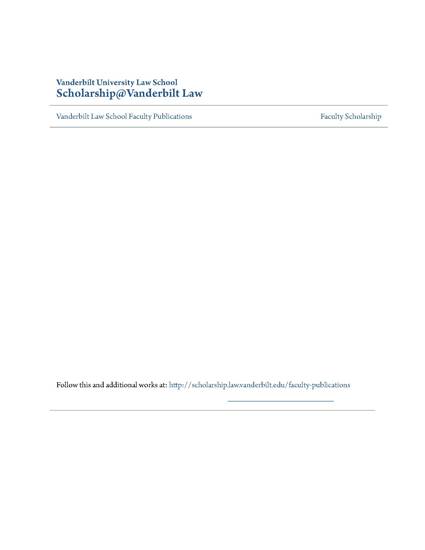
- employment discrimination,
- regression analysis,
- expert witness,
- econometrics,
- Title VII,
- peer review
Experts routinely criticize three aspects of regression analyses presented by the opposing party in employment discrimination cases: omitted explanatory variables, sample size, and statistical significance. However, these factors affect the reliability of the regression results only in very limited circumstances. As a result, valid regression analyses do not provide the critical guidance that they should in employment discrimination cases. Our own statistical analyses of seventy-eight Title VII employment discrimination cases find that merely raising these critiques, even if spurious, reduces plaintiffs’ likelihood of prevailing at trial. We propose that courts adopt a peer-review system in which court-appointed economists, compensated by each party as a percentage of the total payment to econometric expert witnesses, review econometric evidence before the reports are submitted to the judge or jury.
Available at: http://works.bepress.com/joni-hersch/6/
